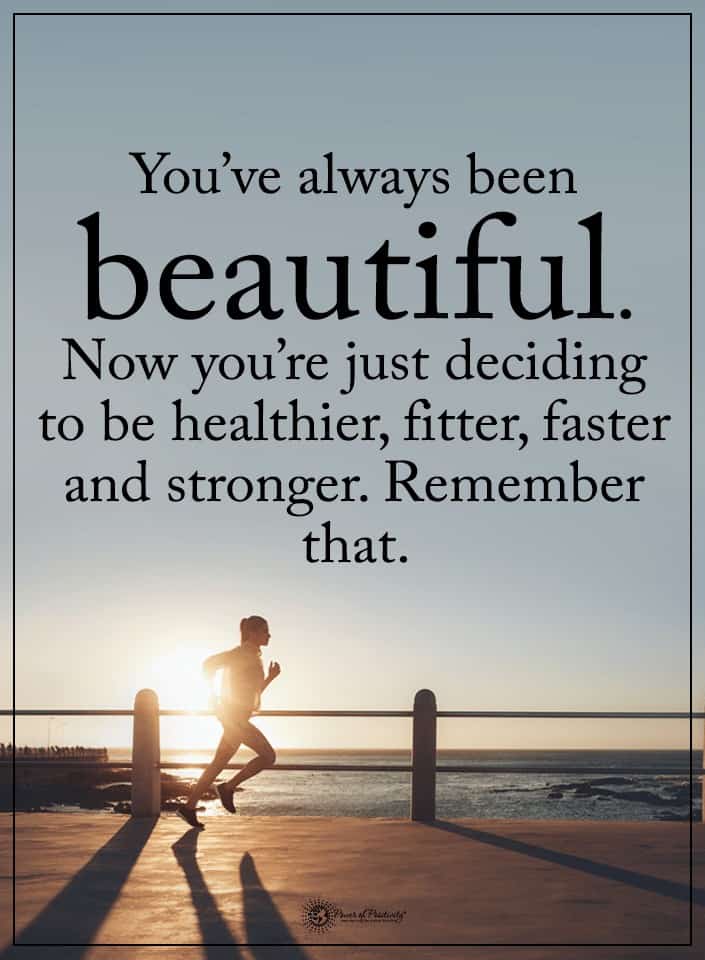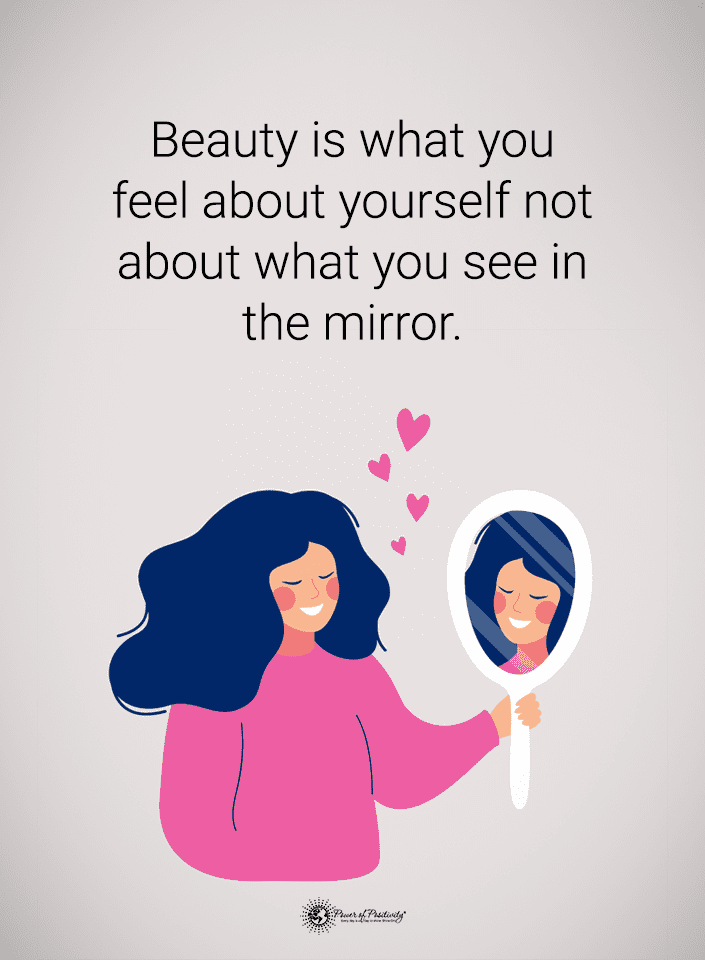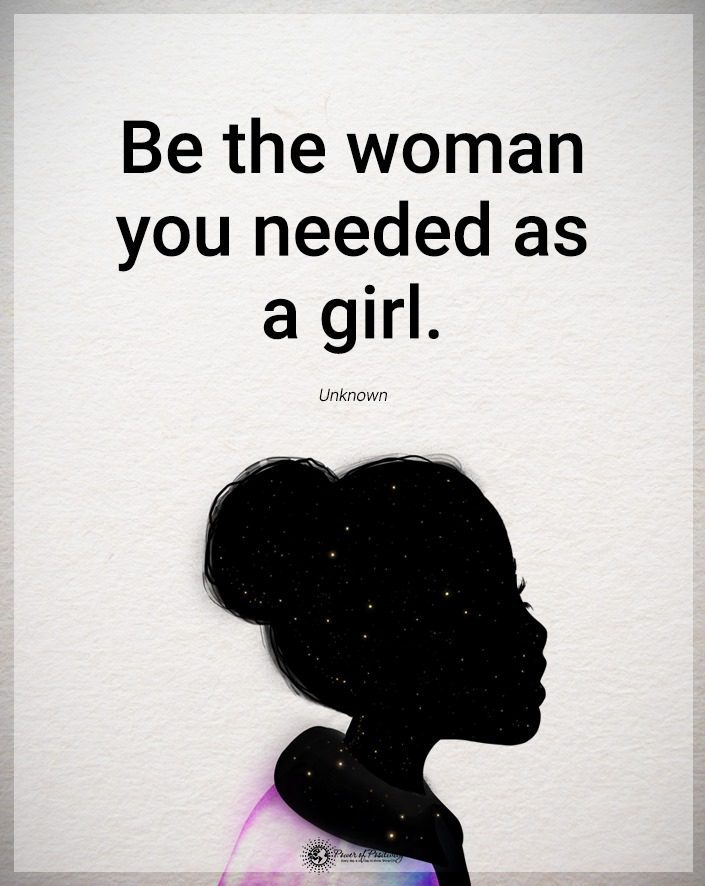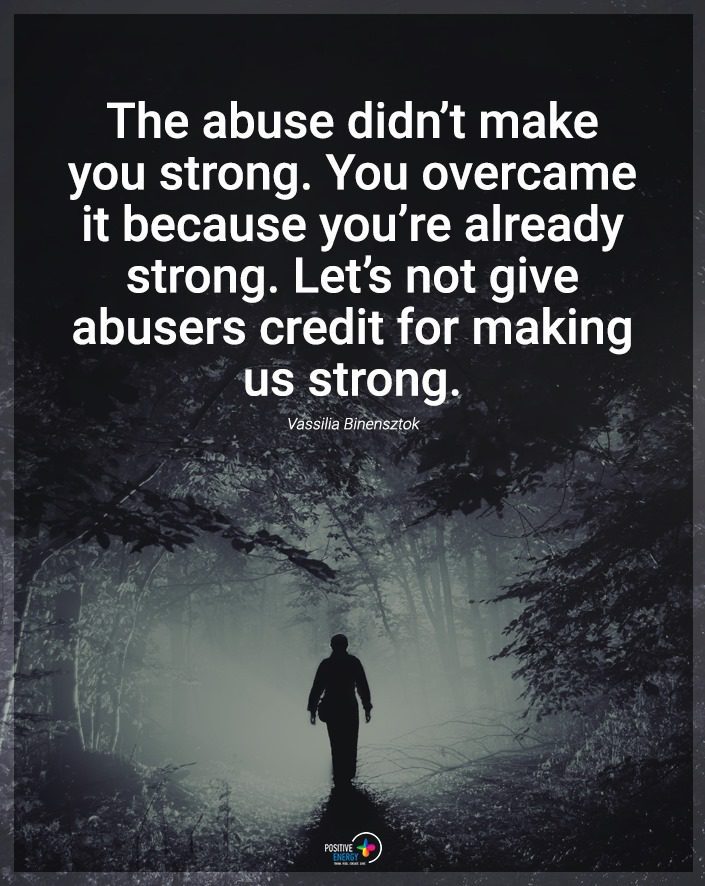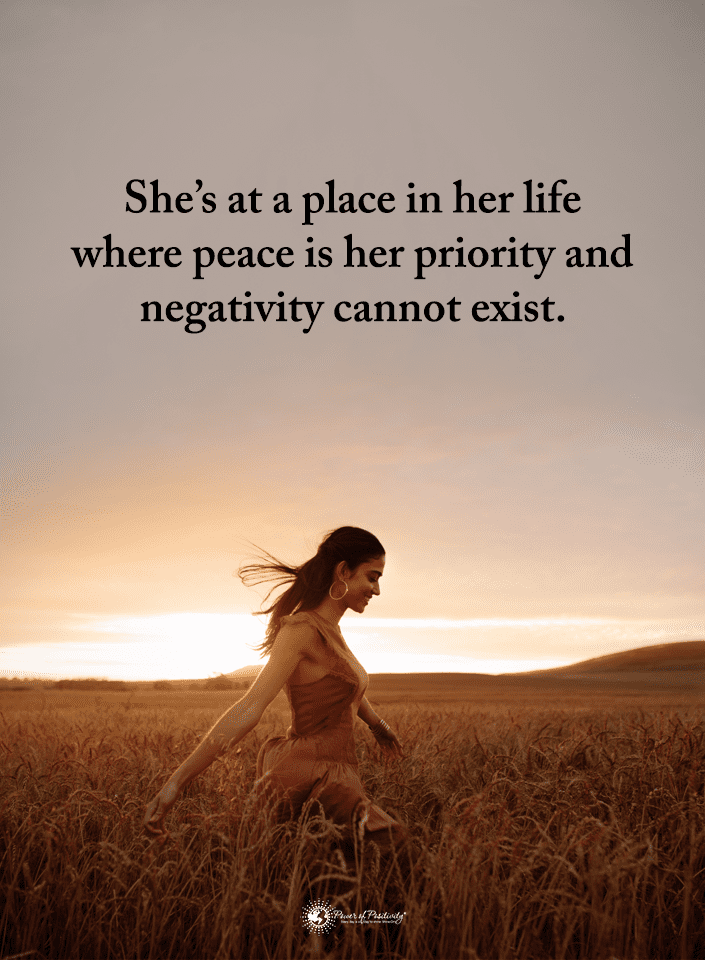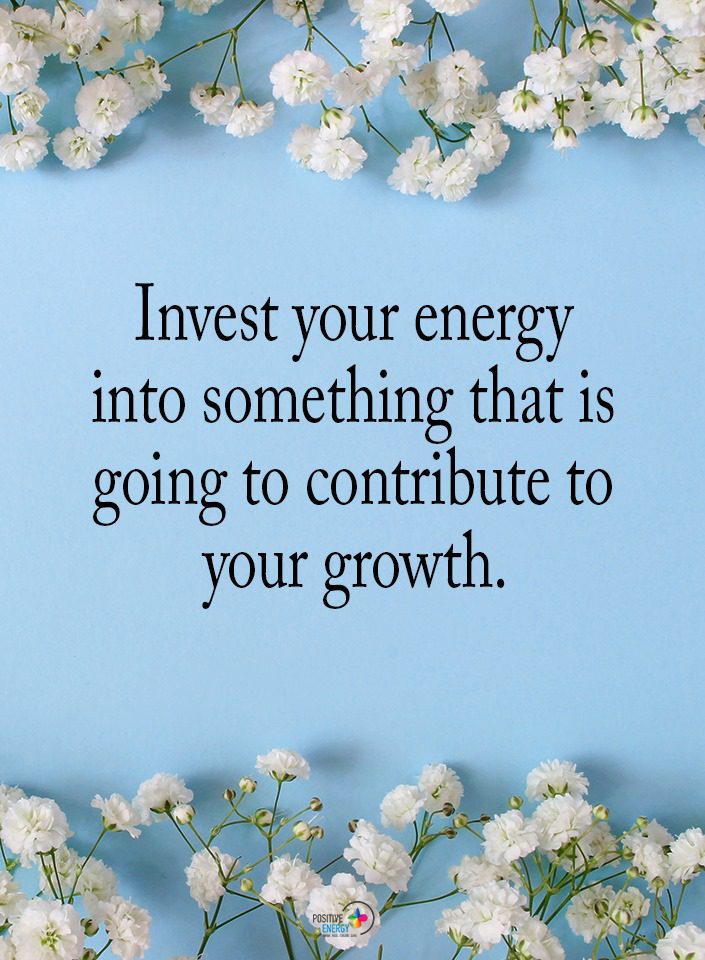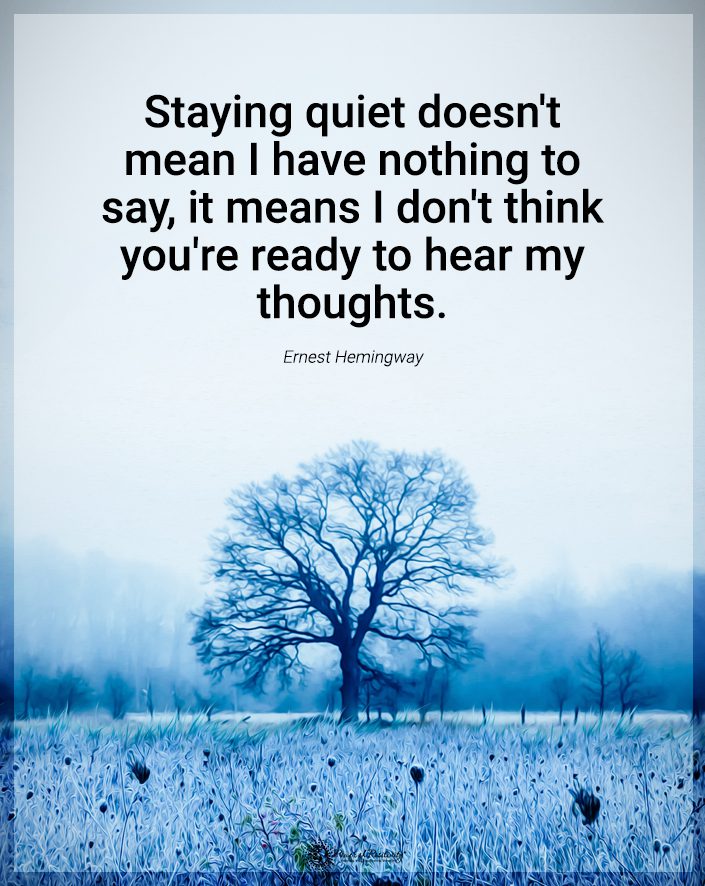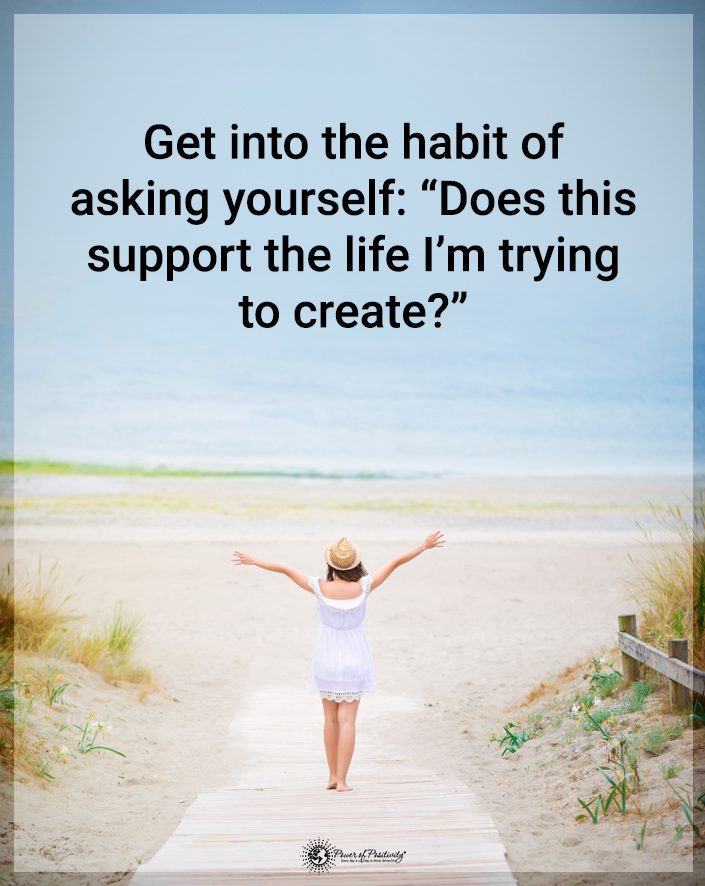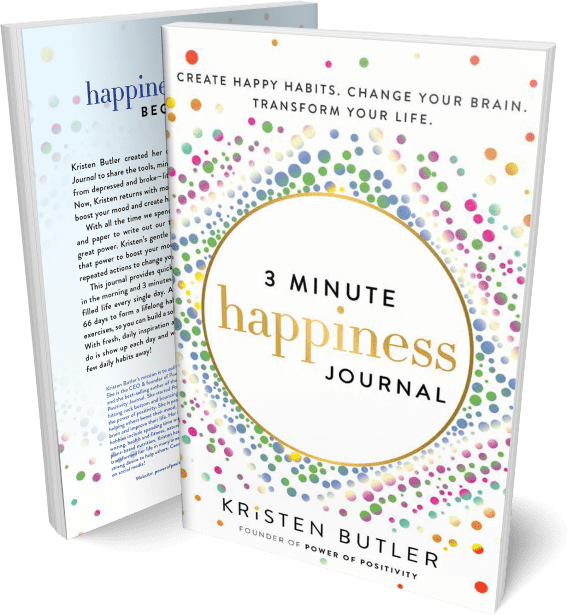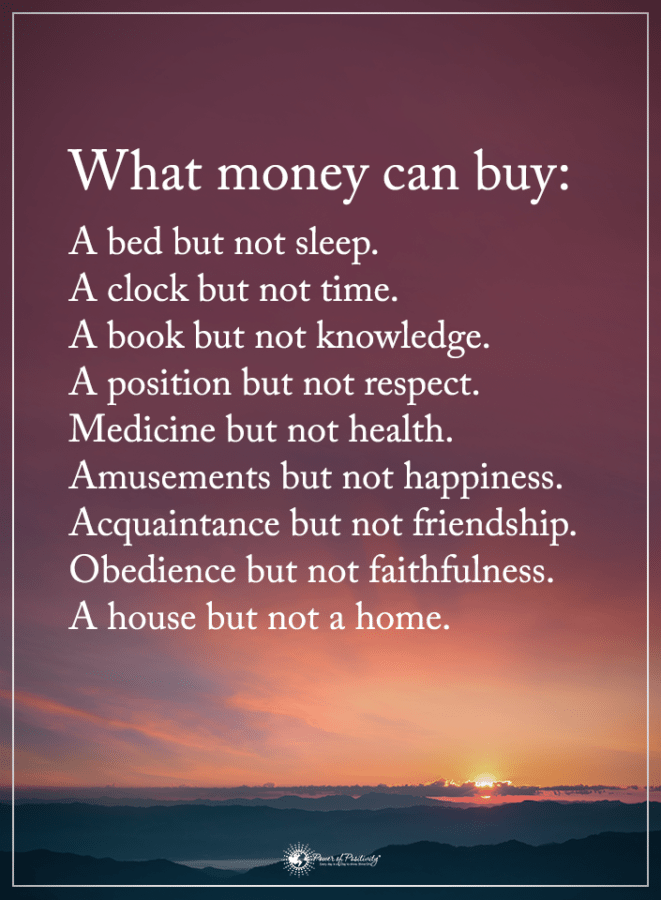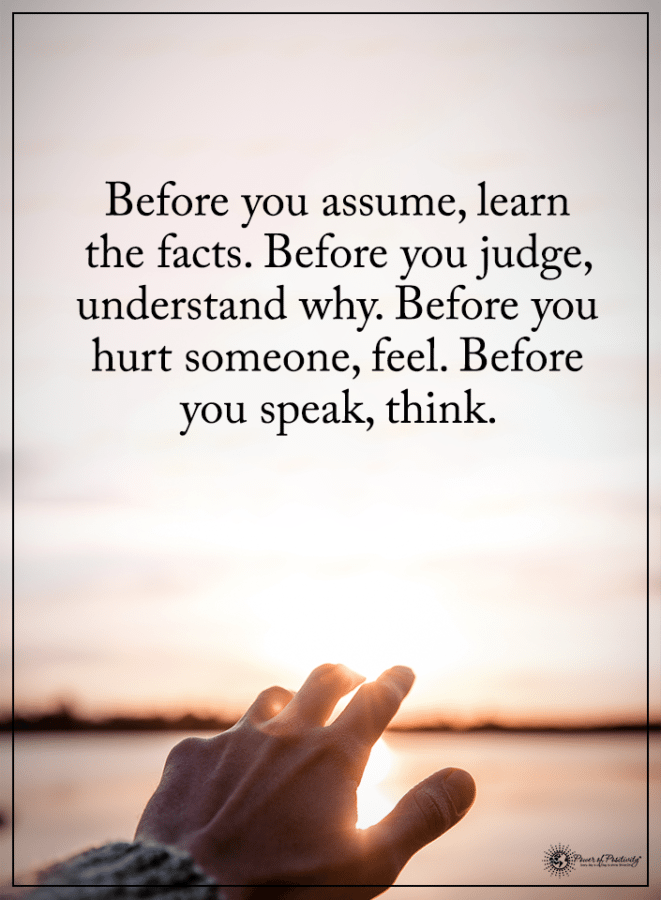If you’re looking to create a more positive mind, it may not be as hard as you think. There are many activities you can do that engage your mind to improve your attitude and enhance your positivity. Here are fifteen activities that are guaranteed to give you a mood boost today and every day.
Fifteen Activities to Give You a More Positive Mind and Improve Your Attitude

1 – Music can help you have a positive mindset
Happy music and a cheerful attitude go hand in hand. When you listen to happy music, it produces a positive mind. Whether you’re listening to a classical piece by Beethoven or shaking it off with Taylor Swift, upbeat music lifts your spirit and improves your mood. Listening to happy music triggers the release of dopamine, a mood-stimulating chemical that makes you feel good. So, if you want an activity that gives you a happy boost, try listening to a catchy tune.
2 – Exercise improves your attitude
There’s a definite link between exercise and positivity. On the opposite side, inactivity causes you to feel sluggish and down. Exercise releases endorphins, serotonin, and other stress hormones that improve your mood. Other are lots of other benefits of exercise, including:
- Better sleep
- Improved focus and concentration
- Higher energy levels
- Relieves stress
- Relaxes your skeletal system, so your entire body is relaxed
3 – Eat good foods for a more positive mind
Part of staying positive includes eating good, nutritious foods. Limit eating processed foods, sugary foods, and foods high in fat. These foods mess with your gut and make you feel sluggish and tired. All these things affect your mental health and attitude. Eating nutritious foods boosts your energy, making you more productive and happier. Try eating these foods to improve your mindset.
- Avocadoes
- Dark chocolate
- Black beans
- Coffee
- Coconut
- Blueberries
- Eggs
- Red wine
- Seaweed
- Salmon
- Whole-grain bread
4 – Take a trip
Traveling is a positivity booster for your brain. Visiting other countries stimulates your mind because you’re learning about cultures different from yours, meeting new people and experiencing new things. All in all, going on a trip enhances a positive mind. Travel allows you to pursue your dreams and find new passions. Some of the best places in the world to visit include sites such as:
- Grand Canyon, Arizona: Even though it’s in the United States, visiting the Grand Canyon should be on your list. It’s one of the seven natural wonders of the world. Its beauty and sheer size are overwhelming to the eyes.
- Machu Picchu, Peru: Once a sacred royal retreat of the Inca rulers, this remote spot amazes visitors with its stonework cascading down the mountainside.
- Rome, Italy: Visiting Rome is like visiting a museum. Ancient ruins and modern-day must-see places all co-exist in this fantastic city. It should be high on your list of places to travel.
- Masai Mara, Kenya: A sizeable national reserve park, home to the big five animals, including lions, elephants, rhinos, leopards, and Cape Buffalos.
- Maui, Hawaii: One of the Hawaiian islands that offer surfing, engaging cultural experiences, and five-star hotels. Check out the dormant volcanoes or walk through a beautiful rainforest as part of your tropical travel experience.
- Istanbul, Turkey: As the capital of Turkey, Istanbul offers good food, history, and culture worth exploring.
- New Zealand: This island country boasts beautiful landscapes and fun places to visit.
- Angkor Wat, Cambodia: Here, you’ll see the largest religious site in the world. There are hundreds of ruins to explore all over this capital.
5 – Journal with words or pictures
Studies show that being able to express yourself through writing helps lower your anxiety and makes you feel overall happier. Writing your thoughts and feelings enables you to understand what’s going on in your heart and mind. It helps you let go of negative emotions. Even if you’re not much of a writer, that’s okay. Just getting words on a paper can help improve your attitude.
Another form of journaling that’s growing in popularity is illustrative journaling. Instead of writing about your day or thoughts, you draw small illustrations. Each day you start a new page and fill it with pictures of what you ate, an image of a book you read, or a description of a bird you heard singing outside your living room window. You’ll see how your days played out through these illustrations when you look back over the weeks. You don’t need to be a fantastic artist but enjoy drawing.
6 – A positive mind is grateful
The grateful person is attentive to the little things in life. There are so many experiences, situations, and people to be thankful for when you look for them. Whether it’s something as essential as your clothes, home, AC unit, good health, or family, gratitude is within reach. Expressing gratitude is like working a muscle in your body. The more you do, the stronger it becomes. Before you know it, thankfulness becomes a daily habit in your life. If you want a positive mind, find something to be grateful for today.
7 – Breathe to turn a negative attitude into a positive mindset
Even though breathing is involuntary and voluntary, your body naturally causes you to breathe, but sometimes you need to take a couple of deep breaths to let go of negativity. It’s incredible how this simple exercise of getting more oxygen into your brain and body lowers your stress and boosts your attitude. Try inhaling deeply and then exhaling slowly to let out the air. You will feel better and experience an improved ability to
- Think clearly
- Fee focused
- More positive
- Less anxious and stressed

8 – Volunteer
Helping others is a natural way to feel more positive about life. Focusing off yourself and onto someone else keeps you mentally stimulated, feels less stressed, and gives you a sense of purpose in life.
9 – Hang out with friends and family
Being socially active creates a more positive mind. Being part of a group gives you purpose and a sense of belonging. It elevates loneliness. Schedule weekly times of hanging out with your friends and family. It’s essential for your mental health.
10 – Don’t believe those negative thoughts
Everyone has negative thoughts once in a while. If you catch yourself constantly giving in to negativity, talk yourself into a more positive mind. Try something the following affirmations:
- It’s true. I made a mistake, so what? I can do better next time. Everybody makes mistakes…it’s not my first nor my last.
- I’m not good at that…but that’s okay. I’m good at other stuff. That’s what’s important.
- I am not smart enough…but so what? Being smart isn’t all there is in life. I’m doing okay.
- I’m having a terrible day….but that’s okay. Not every day is going to be amazing. The sun is shining. It’s all in perspective.
11 – Have faith in God
Studies show that people who believe in God have a greater sense of well-being. Assuming that your life has a purpose and that God oversees your life can help you deal with difficulties. You don’t feel you need to control everything in life because you trust God leads and guides your life. Well-known author C. S. Lewis once said,
The more we let God take us over, the more ourselves we become – because He made us. Have faith in God. Who knows, you may find that you truly become a happier version of yourself. -C.S. Lewis
12 – Don’t be too hard on yourself
Don’t be too hard on yourself, even if you’re feeling negative. Everyone has these kinds of days when they feel down emotionally. Accept that today isn’t perfect, but tomorrow will be better. Don’t beat yourself up for mistakes you’ve made. You can do better next time.
13 – Learn from your negative attitude
If you’re experiencing negative consequences for things you’ve done or not done, learn from them and then move on. Everything in life is a learning opportunity if you want it to be.
14 – A positive mind does not try to be all-controlling
Trying to control all things in your life and the lives of your loved ones is a futile exercise. It’s healthy to let go and accept the randomness of life. If you have faith in God, even the most challenging things in life don’t feel overwhelming because you are never alone. God walks with you through your trials and sorrows. An ancient text says,
The LORD is close to the brokenhearted and saves those who are crushed in spirit. (Psalm 34:18 NIV)
If you feel overwhelmed, feeling like you need to control everything in life, don’t be afraid to let go and ask God to help you feel his nearness.
15 – A social media break could mean a positive mind
Interestingly enough, social media use isn’t all harmful. It depends upon you. For instance, if you use social media simply as part of your day’s routine to check and respond to content, it’s a positive thing in your life. But if you’re using social media for your emotional connections and are worried about missing out or disappointing your friends if you don’t respond, social media can be a negative thing in your life. As long as you use social media and it doesn’t use you, it can be a source of a more positive mind as you learn about others and engage in new information.
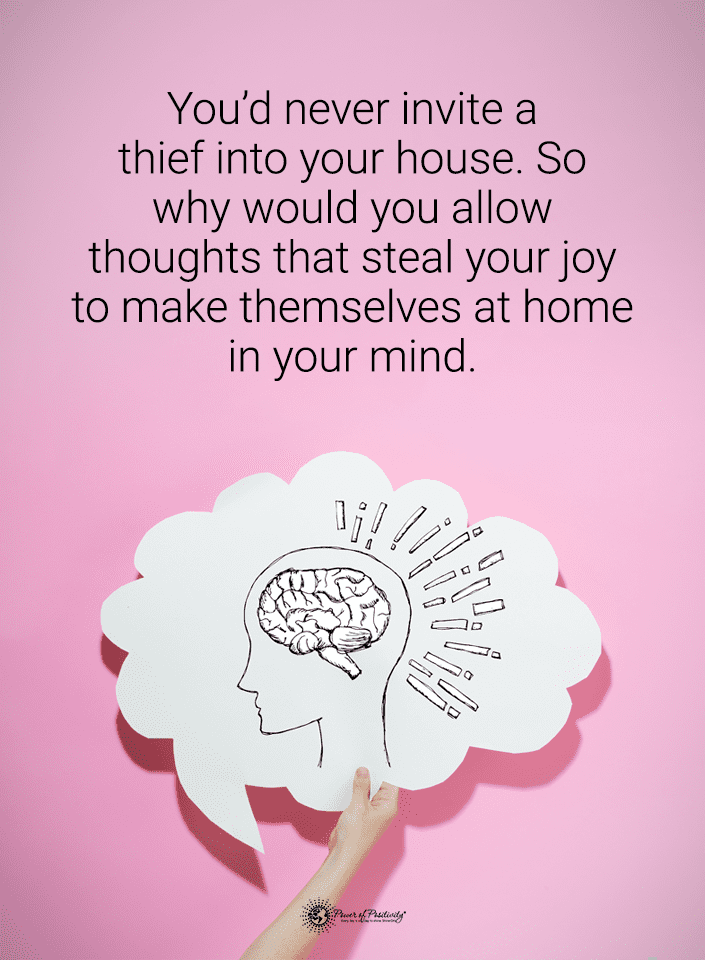
Final Thoughts on Habits for a More Positive Mind and a Better Attitude
If you seek a few ways to boost your positivity, look no further than these fifteen suggestions. Try one or two of these ideas or all of them if you’re motivated. Improving your mood could be simple as listening to happy music, eating healthy, or creating an illustrative journal about your day. Whichever idea you try, you’ll experience a more positive view of your life and be a happier version of yourself.

